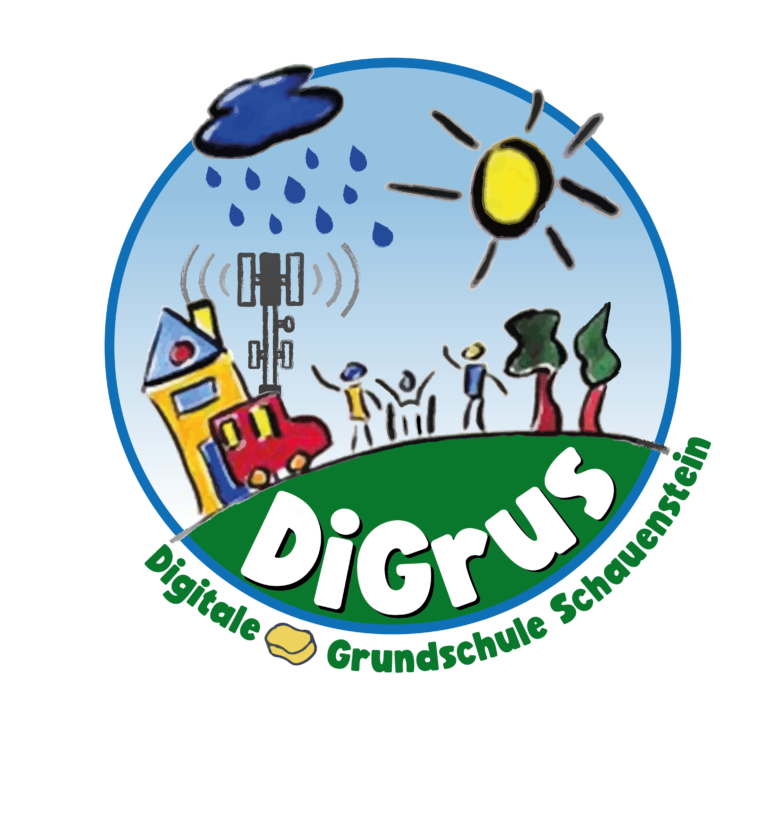
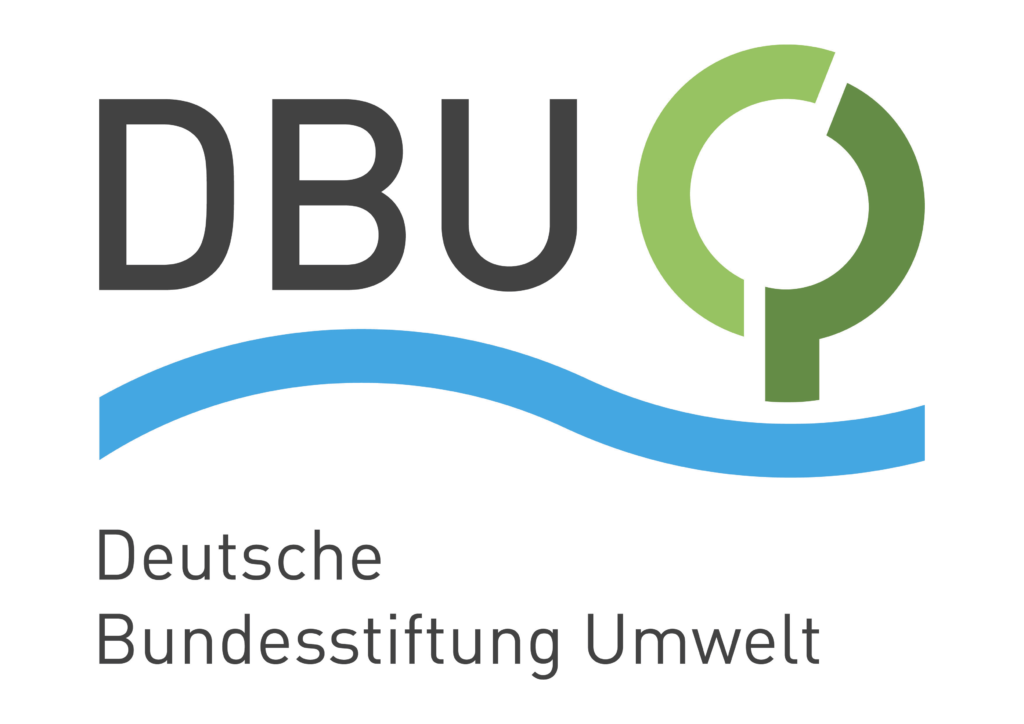
As part of the primary school refurbishment, the town of Schauenstein has installed a green roof on the roof of the sports hall to collect rainwater from the building roofs in an underground storage tank. The focus is on analysing extreme weather events such as heavy rainfall and dry spells as key variable and locally occurring effects of climate change as well as the importance of digitalisation as a solution to better deal with or prevent/reduce the negative effects. The city has contacted the Hof University of Applied Sciences to participate in the research project SPORE to participate. SPORE is investigating the effects of climate change in the Upper Franconia region, particularly during periods of heavy rainfall and drought. Schauenstein primary school was selected as a suitable project to research the impact of extreme weather on buildings. A digital-based rain/water management system is being developed to make the effects of climate change tangible in the classroom.
Source: https://www.purple-roof.com/
In the DiGrus project, the green roof of the primary school in Schauenstein itself and its effects on the rain/water management of the primary school are to be accompanied digitally for the first time and made learnable and tangible for the primary school pupils. Different teaching concepts relating to climate change and weather phenomena as well as sustainability are to be derived both theoretically and practically and presented in a way suitable for primary schools. Using a digital twin, the rain/water management of the new green roof is to replicate the sponge concept of the primary school. Gamification elements, for example, can be used to playfully test and discover the effects of various alternative actions in dealing with climate-related weather extremes, both individually and in groups. At the same time, what has been learnt virtually can be observed in reality, experienced with the senses and reflected on under the guidance of teaching staff. The flexibility of the system also allows the development and testing of new teaching/learning methods, e.g. to support self-regulatory skills for the development of early academic competences, which are important for sustainable behaviour using facts instead of emotion-based information.
Target group: School classes 3 & 4
A broad field of technologies is represented in this project. A high degree of interdisciplinary work is required to realise the project. Here is an overview of the most important fields of technology:
A major challenge in the software is to bring all these subsystems together. Particular attention must be paid to the interfaces between the subsystems.
The research here is tough.


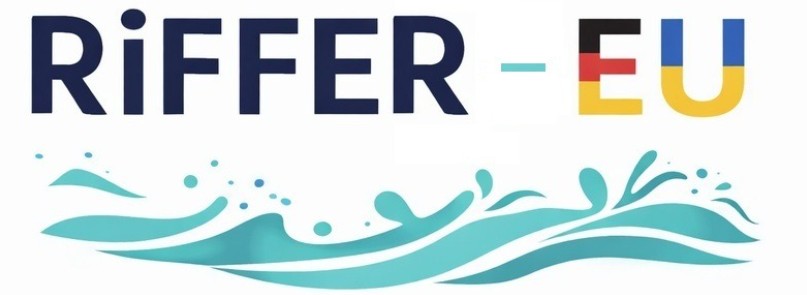

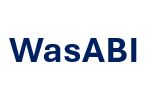
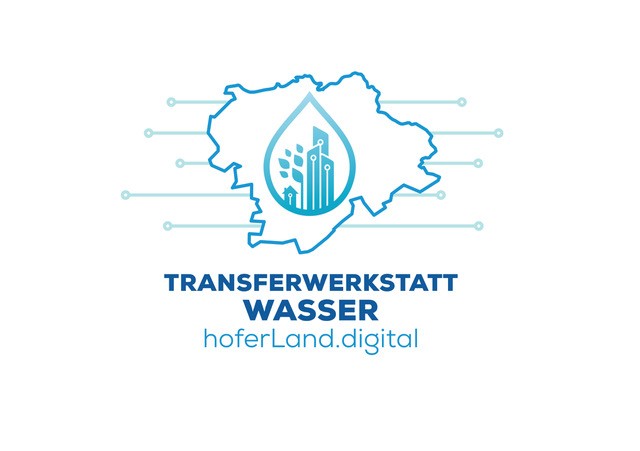
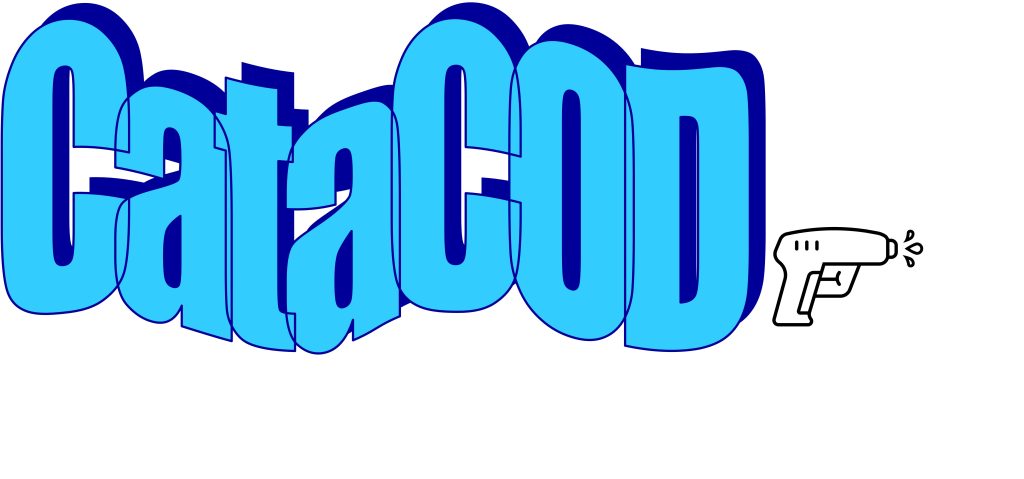



News about the inwa and its events.